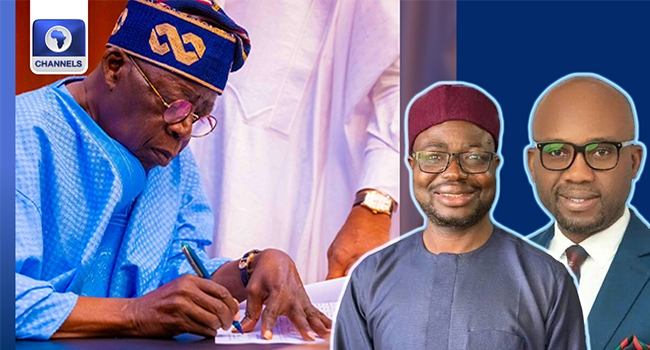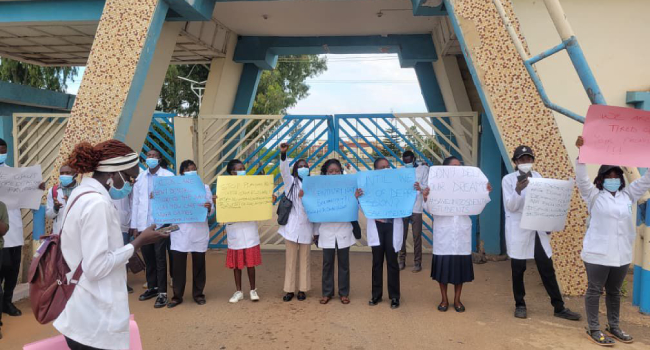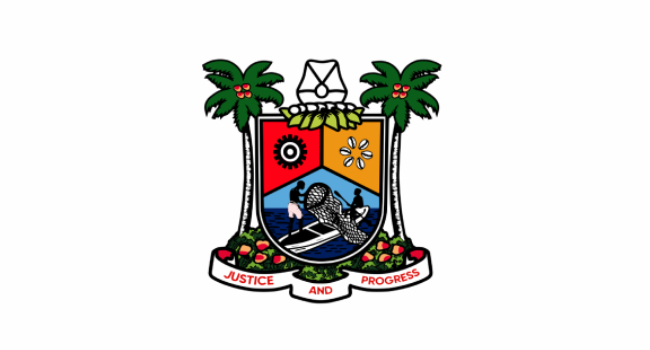Omoyele Sowore, a human rights activist, has been prevented by the Lagos State Commissioner of Police and other security forces by the Federal High Court in Lagos.
Additionally, it prevented them from intimidating or declaring the African Action Congress (AAC) presidential candidate for 2023.
Read more recently: Sowore is still wanted, and we will do everything to arrest him, Lagos CP.
Sowore requested Justice Musa Kakaki’s decision after reports that the Lagos State Police Command had allegedly declared him wanted in connection with unspecified allegations surfaced.
In the end, the judge granted an interim injunction barring the respondents from “harassing, intimidating, threatening with arrest, or declaring the applicant wanted pending the determination of the substantive suit.”
Even in the midst of widespread public skepticism about the system, Sowore claimed shortly after the ruling that the decision signaled a renewed commitment to the Nigerian judiciary.
He claimed that the decision demonstrated that civil rights activism still exists.
“Many people claim they don’t trust the justice system, but citizens who show up say justice needs to be done.”
Sowore remarked, “I thank the court for having the courage to take up this matter so late in the day and for granting this crucial order.”
The activist claimed that any legitimate investigation would not have been conducted if the activist had been trying to declare him wanted.
He claimed that the police had no way of prosecuting him or inviting him to a criminal trial before making the decision to make him a fugitive.
The police are not permitted to simply wake up and declare someone wanted without any inquiry or invitation, as the law dictates.
He remarked that it shows how far institutions have strayed from the law.
In spite of the growing instances of political intimidation and the abuse of state institutions, Sowore, who was flanked by his legal team and supporters, said the order was a reminder that the rule of law still applies in Nigeria.
He vowed to carry on his activism in a legal setting and peaceful manner.
“I’m not in charge of this conflict. Regardless of race, gender, or religion, justice and freedom are the goals of the project.
He remarked that “anyone in power must not believe they can intimidate dissent.”
Sowore, who has recently been the subject of numerous arrests and prosecutions, said he was concerned about the most recent development as part of a wider pattern of harassment aimed at dissidents.
He argued, however, that using such tactics would not dissuade him or others from speaking out in favor of a better world.
The state “creates an atmosphere of fear and injustice” when it begins to violate the law. However, we must peacefully oppose that.
He said that Nigeria can only advance if its law enforcement activities are limited by their constitutional requirements.
Despite the lateness of the hour, he thanked the judge for hearing the matter and praised his legal counsel for what he called “dogged commitment to justice” on the occasion.
The judge was already exhausted, and this was the day’s final instance. He nevertheless maintained his interest in it. Sowore observed that is what courage looks like.
The Lagos State Commissioner of Police’s declaration that Sowore was a wanted person was specifically restrained by the court’s order, which was read out to journalists.
The order will continue pending a hearing into the substantive lawsuit challenging the police declaration’s legality.










